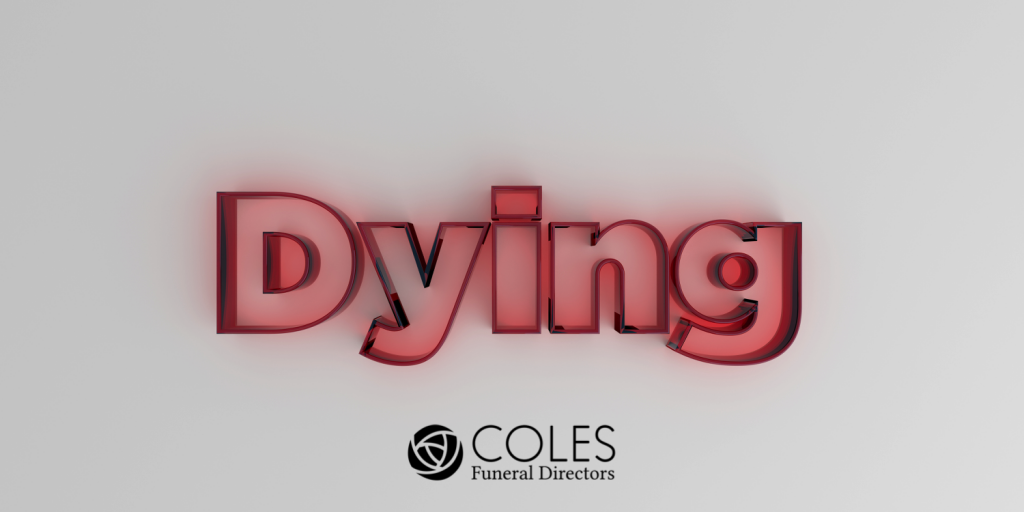If you read Gareth’s blog last week, you’ll have probably sensed his frustration that people (even those close to our family of funeral directors!) find it so difficult to discuss end of life, death care, and funeral preferences with their loved ones.
We find it difficult – because it is difficult. But it’s not impossible.
This might take a few days or even weeks to think about, research, and make up your mind. But by going through this process, you’ll understand that – just like any life event – there are many, many things to consider.
Therefore, chances are asking someone off the cuff – ‘what do you want to happen when you die’ – means they are unlikely to be able to give you a considered response.
By talking to them about what you want, when you die, you’ll start the conversation differently, insightfully, and be able to show them ‘what good looks like’ – and most importantly, that you’re ready to listen.So here is our top tip for being ready to talk about death and dying:
1. First, take time to consider your own death. Imagine it being a ‘good death’. What does that look like?
- How old do you imagine yourself to be?
- Where are you?
- Are you surrounded by family and friends? And are they calm and supportive?
- Do you want spiritual guidance through the end stages?
- Is there some music playing?
- Are you at peace with the situation and those around you?
- Do you have any regrets?
2. Now write all this down along with the answers, and take some time to think about:
- How you want your body to be cared for in death?
- Whether you want to donate your organs or your body?
- If you have a preference for burial or cremation?
- Whether you’ll have a funeral service, and if so, what that looks and feels like?
- How you would like to be remembered?
- What will happen to your possessions and finances when you’re no longer here?
- Who do you trust to carry out your final wishes and manage your estate and digital profiles?
3. And then consider what might happen, if that ‘good death’ is beyond your control:
- What are your thoughts on treatment/pain relief?
- Where would you prefer to die – in hospital, hospice, care or at home?
- How can family and friends be notified?
- Are your affairs in order?
So now you’re prepared, how do you get the conversation started?
- Ask for help – phrase it in such a way that you need your loved one’s help, that you need their thoughts on your plan for your death, and that you’d like to understand what they think about it. It’s rare that anyone you care about will deny you their help.
- Find a quiet spot– you can rarely go wrong with tea and cake in a relaxing, quite setting! If you’re looking for the perfect space to start the conversation, in just a few weeks time, our Bereavement Hub will be open – complete with lots of resources on end of life, death and funeral planning.
- Accept is that it’s likely to take a few conversations – you’ll rarely cover everything in one go. And these might just be the best conversations you’ve ever had…
If you promise yourself one thing in 2019 – promise that you’ll be ready to talk about death, and you’ll start the conversation with a loved one.

